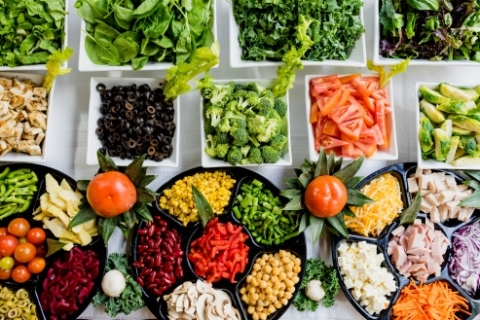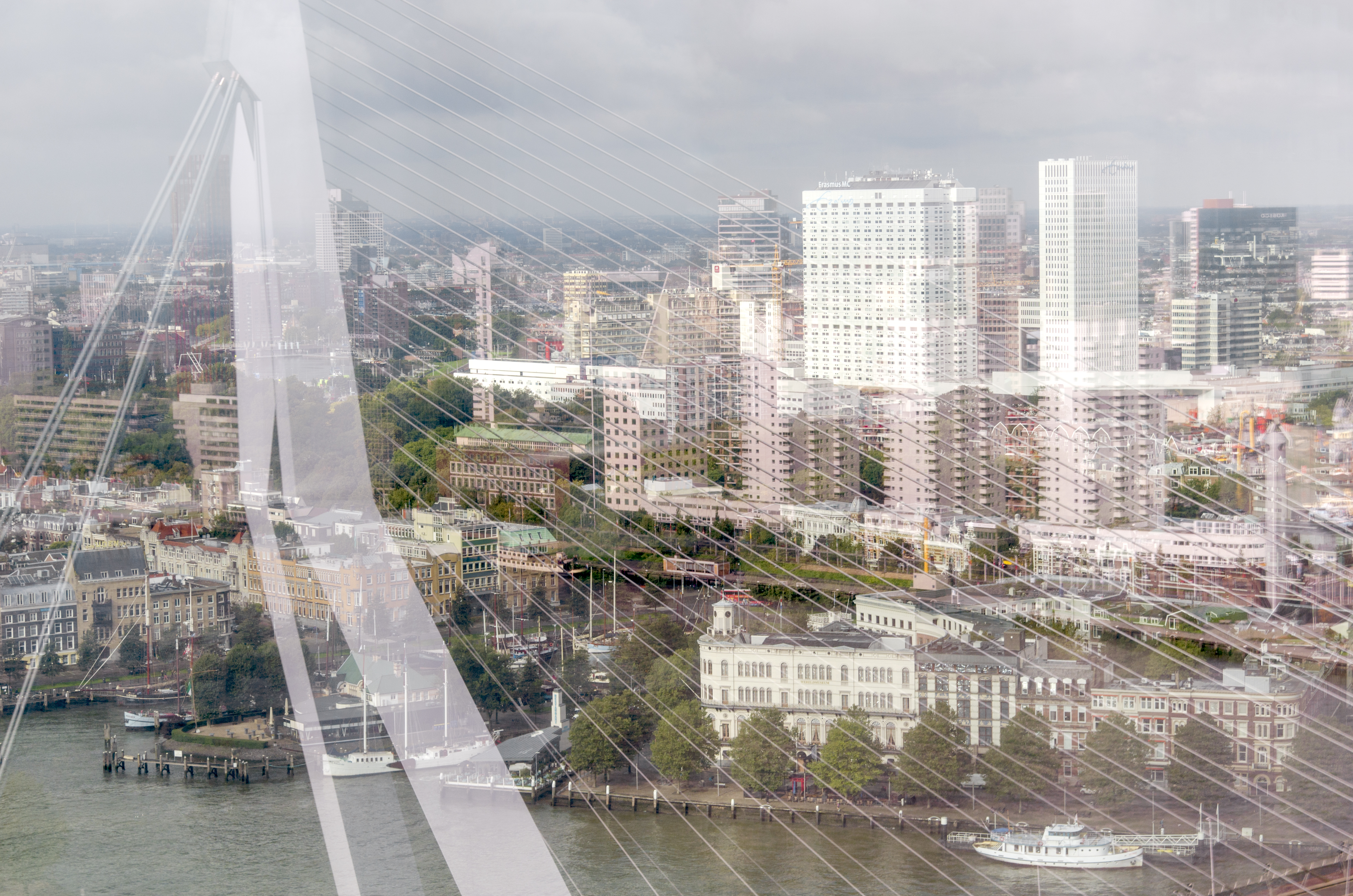Current transport policy is too fragmented to keep Dutch urban regions accessible in the future. Although there are now more and more ways to reach a particular destination, the policy and regulative framework makes it difficult to seize the opportunities generated by such innovations. Cooperation between the national government, provinces and municipalities is also wanting. Transport policy focuses too much on new infrastructure and faster trips and not enough on the location of facilities and activities. These are some of the conclusions in the Rli’s advisory report ‘Faster and Closer’ which was presented to the minister of Infrastructure and the Environment, Melanie Schultz van Haegen.
Inadequate coordination of policy
Current transport policy and its associated legislation are ill-equipped to deal with changing demands and developments in society. People do more different things in a day than before. At the same time, mobility services, e-bikes and car sharing present new opportunities for people to reach their destination – making accessibility demands increasingly diverse. Current transport policy, by contrast, is geared to supplying infrastructure and focuses on individual transport modes (e.g. train, tram, bus, taxi, car or bicycle).

